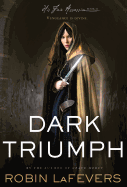.jpeg) |
| photo: Kris Krug |
Filmmaker-turned-novelist-turned-Zen-Buddhist-priest Ruth Ozeki has always had a hard time choosing. She was born and raised in New Haven, Conn., by an American anthropologist father and a Japanese linguist mother. In college, she decided to major in psychology and then switched to a double major in English Literature and Asian Studies. She moved to Japan to do graduate work in classical Japanese literature, while studying Noh drama and working as a bar hostess. She got a certificate in ikebana flower arrangement and then returned to New York to work as an art director on low-budget horror movies. Eventually she started making her own films, until she ran out of money and started writing novels--My Year of Meats (1998) and All Over Creation (2003)--and then was ordained as a Zen Buddhist priest. Her new novel is A Tale for the Time Being (Viking Penguin, March 12, 2013). A dual U.S. and Canadian citizen, she splits her time between British Columbia and New York City. Questionnaires like this, which require her to make choices, drive her nuts.
On your nightstand now:
I always have a rather large pile. I just finished reading The Raw Shark Texts by Steven Hall, which I'm not ready to put back on the shelf yet because I enjoyed it so much. I'm rereading Shakespeare's The Tempest because it never fails to inspire me to see the beauty in this storm-tossed isle where I live. Training in Compassion: Zen Teachings on the Practice of Lojong, by Norman Fischer, I'm using as a text for a kind of Zen-style lectio divina. The Street of Crocodiles by Bruno Schultz is the next book on my list, recommended by my husband, who loved it, but in the meantime, I'm reading Mark Haddon's A Spot of Bother.
Favorite book when you were a child:
This is so random, but what pops to mind are Charlotte's Web by E.B. White, Harriet the Spy by Louise Fitzhugh, The Little Prince by Antoine de Saint-Exupéry and A Wrinkle in Time by Madeleine L'Engle. But now that I think about it, the very first book I remember loving was The Five Chinese Brothers by Claire Huchet and illustrated by Kurt Wiese. It's a picture book about, well, five Chinese brothers who looked exactly alike, only each brother had a special power. One brother could swallow the sea, one had an iron neck, one could stretch his legs out really long, one could not be burned by fire, and one could hold his breath forever. These superpowers eventually saved the brothers from being executed, when one of them was falsely accused of murder. The book apparently provoked a lot of controversy and was criticized for promoting ethnic stereotypes (slanty eyes, yellow skin, indistinguishable Asians), but I didn't mind. If slanty eyes and yellow skin meant you could swallow the sea or get an iron neck and not be beheaded, that seemed fine to me, and I remember spending a lot of time trying to figure out which superpower I wanted to cultivate.
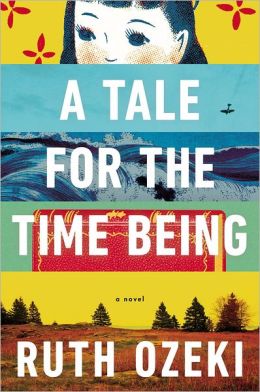 Your top five authors:
Your top five authors:
Way too hard. I'm changing the question:
Top five authors born between 966 and 1899:
Murasaki Shikubu, William Shakespeare, Jane Austen, William Faulkner, Jorge Luis Borges.
Top five six authors born after 1900 whom I've read in the past year:
David Mitchell, Kurt Vonnegut, Karen Joy Fowler, Steven Hall, Jane Hamilton, Haruki Murakami
Book you've faked reading:
People assume that I've read Proust's In Search of Lost Time, when in fact I've only read Swann's Way. One of these days I will finish all seven volumes and will no longer have to squirm and correct this assumption.
Book you're an evangelist for:
Karen Joy Fowler's We Are All Completely Beside Ourselves, which will be published in May, 2013. This book is utterly amazing, one of those books that I feel pretty sure was written just for me. Of course, I didn't actually know Karen at the time she was writing it just for me, but that doesn't change my conviction.
Book you've bought for the cover:
None that I can recall.
Book that changed your life:
The Riverside Shakespeare.
Favorite line from a book:
"I affirm that the Library is interminable." --From The Library of Babel, by Jorge Luis Borges.
Book you most want to read again for the first time:
Grendel by John Gardner.
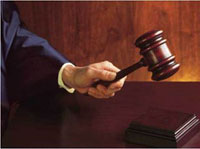 Nearly a year after agreeing to hear an appeal regarding a lower court decision that awarded John Wiley & Sons $600,000 in damages in a copyright infringement case, the Supreme Court rejected the publisher's interpretation of a rule known as the "first sale doctrine," which prevents copyright owners from exerting rights over a product once it has been purchased legally, paidContent reported. Wiley had sued Supap Kirtsaeng, whose family in Thailand sent him textbooks to resell in the U.S., including a reported $37,000 worth of Wiley titles.
Nearly a year after agreeing to hear an appeal regarding a lower court decision that awarded John Wiley & Sons $600,000 in damages in a copyright infringement case, the Supreme Court rejected the publisher's interpretation of a rule known as the "first sale doctrine," which prevents copyright owners from exerting rights over a product once it has been purchased legally, paidContent reported. Wiley had sued Supap Kirtsaeng, whose family in Thailand sent him textbooks to resell in the U.S., including a reported $37,000 worth of Wiley titles.








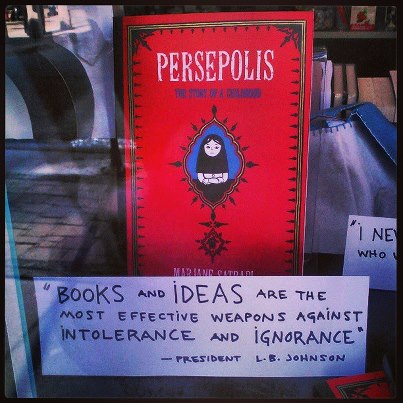

 Amazon and the Central Intelligence Agency
Amazon and the Central Intelligence Agency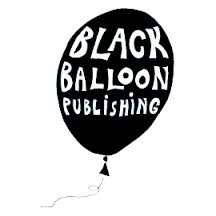 New York City small press
New York City small press 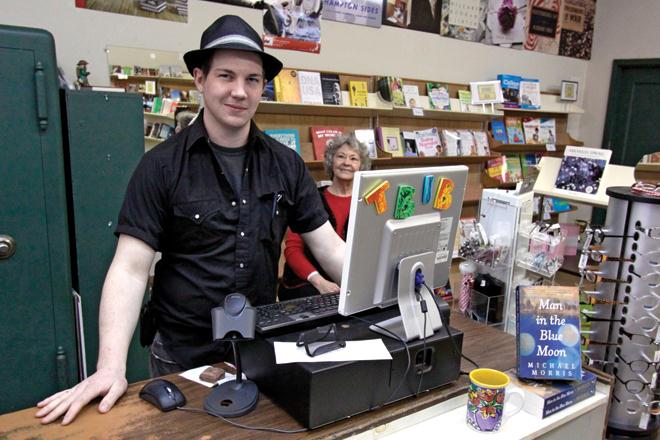
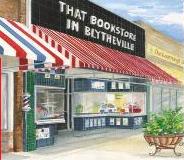 "Almost everything has been harder than I've expected, and I expected it to be hard," said Hill. He described the process of switching over all of the store's relevant accounts as being a particularly big hassle. "In terms of paperwork, it would have been easier to have closed the store and start from scratch than hand things over."
"Almost everything has been harder than I've expected, and I expected it to be hard," said Hill. He described the process of switching over all of the store's relevant accounts as being a particularly big hassle. "In terms of paperwork, it would have been easier to have closed the store and start from scratch than hand things over."
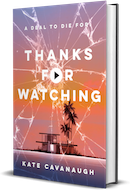
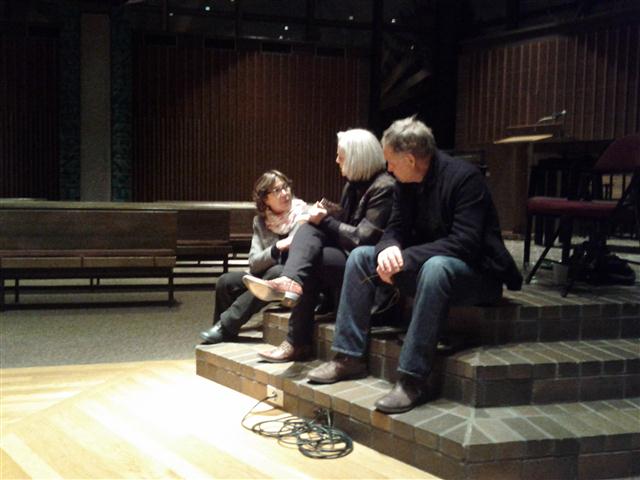
 "
"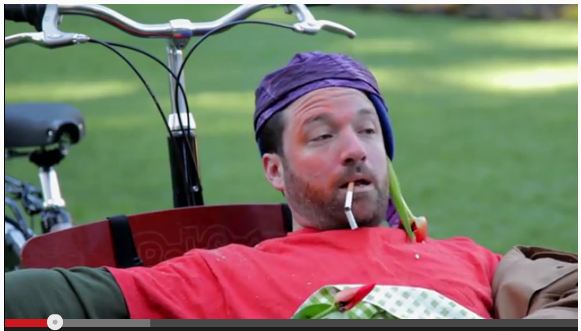 Bike Snob Abroad: Strange Customs, Incredible Fiets, and the Quest for Cycling Paradise
Bike Snob Abroad: Strange Customs, Incredible Fiets, and the Quest for Cycling Paradise.jpeg)
 Your top five authors:
Your top five authors: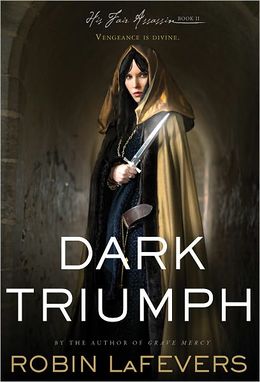 The gripping launch title in Robin LaFevers's His Fair Assassin series,
The gripping launch title in Robin LaFevers's His Fair Assassin series, 